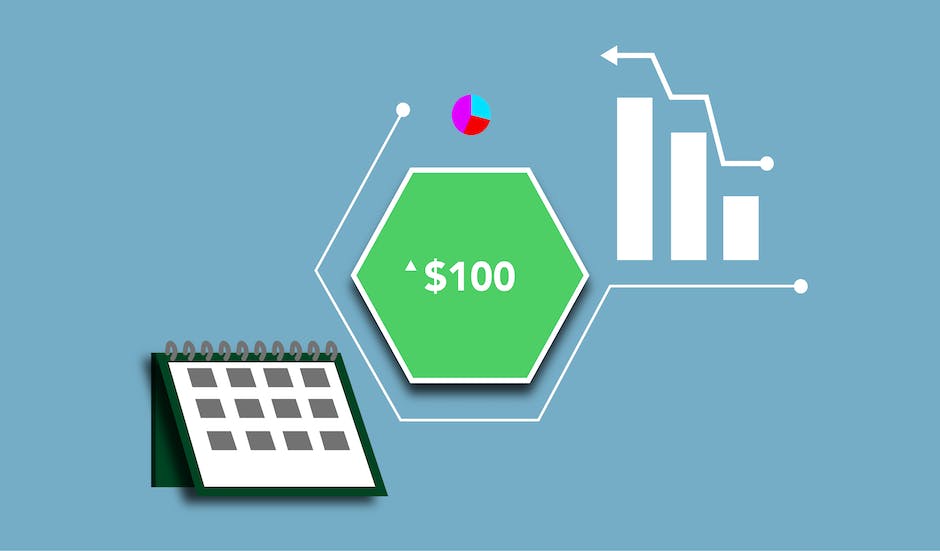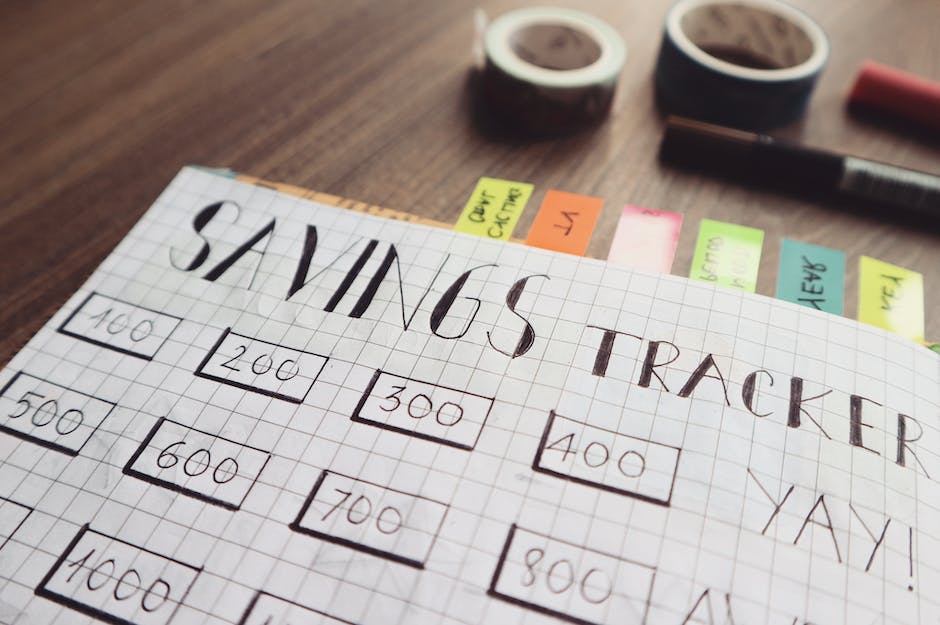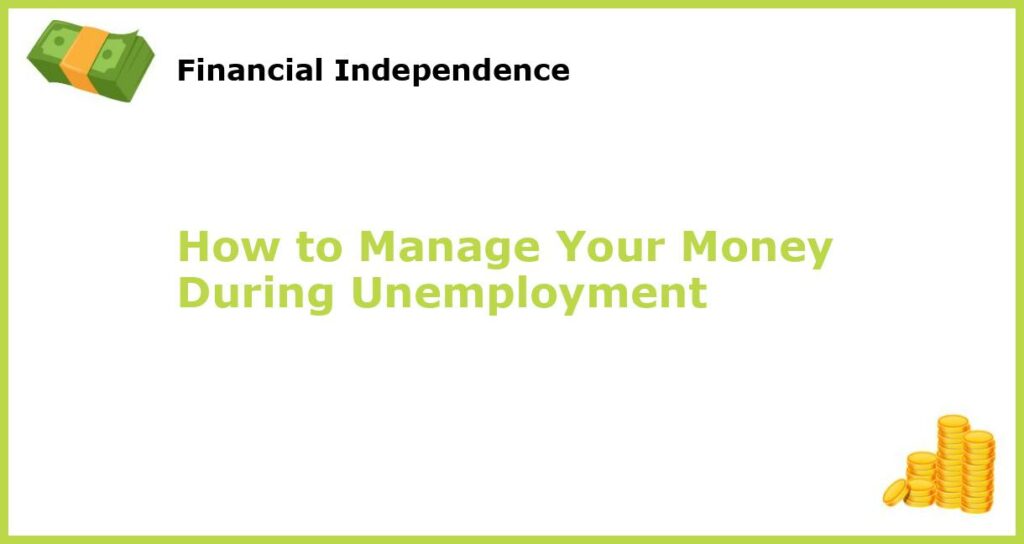Unemployment is a challenging experience that can take a toll on one’s financial stability. Managing your finances during this time can be a daunting task, but with the right strategies, you can ease the burden on your wallet while you search for employment. In this article, we’ll cover ten tips to help you manage your money during unemployment.
Cut Your Expenses

When you face unemployment, one of the first steps you should take is to cut your expenses. This means getting rid of subscriptions you don’t need, such as streaming services, gym memberships, or other non-essential bills. Reducing your spending on non-essential items like eating out and entertainment can also go a long way in helping you save money. Additionally, finding ways to reduce your monthly bills like negotiating with providers, can help you save a considerable sum of money in the long run.
Review Your Budget

It’s essential to review your budget to determine where you can cut expenses and where you can save. Analyzing your expenses and sources of income can help you find ways to eliminate unnecessary expenses or find alternative sources of revenue. Be mindful of your spending habits and adjust your budget accordingly. Try to allocate your funds towards essential expenses like rent, electricity, water, and food, while cutting back on non-essential items.
Create a Plan

It’s crucial to create a plan to manage your finances, including any unemployment benefits that you may be eligible for. This will help you keep track of your financial situation and avoid any surprises in the future. Take note of the amount of money you have and allocate it to essential expenses first, such as groceries, rent, and utility bills. Then, determine how much money you can set aside for any outstanding debts or savings. Creating a detailed financial plan can help you prioritize your expenses in the most efficient way possible.
Be Realistic

One of the most critical things to remember while unemployed is to be realistic about your expenses. Understand that it may take time to find a new job, so it’s important to align your spending with your income. Try to live within your means and avoid using credit cards or loans to cover your bills. This can lead to debt accumulation and additional financial stress, making it even harder to manage your finances.
Take Advantage of Job Placement Services

During unemployment, it’s essential to take advantage of job placement services. These services can help you find a job, obtain training, and provide support during your job search. While networking and job-searching on your own can be effective, job placement services can potentially expedite the process and help reduce the time you’re unemployed.
Regulate Your Emotions

Unemployment can create financial and emotional stress. It’s common to feel anxious or depressed when you’re unemployed, but it’s important to regulate your emotions and avoid making impulsive decisions. Take the time to focus on your mental health and find ways to de-stress. Incorporating stress-reducing activities like yoga, meditation, or counseling can help you cope with the challenges of unemployment and allow you to focus more effectively on your job search.
Consider Freelancing
Freelancing can be an excellent way to earn extra money while you search for a new job. Consider your skills, expertise, and interests, and explore freelance opportunities that match your qualifications. Freelancing offers flexibility, work-life balance, and can provide valuable experience that can boost your resume.
Find Ways to Save
There are various ways to save money even when you’re unemployed. Shopping at discount stores, buying generic brands instead of expensive name brands, and finding free forms of entertainment can all add up to significant cost savings. Evaluate your lifestyle and identify non-essential expenses you can cut to reduce your expenses further.
Downsize Your Living Situation
If you’re struggling to pay rent or mortgage, consider downsizing your living arrangements to reduce your expenses. This may mean moving to a smaller apartment or selling your home. Downsizing could help relieve some financial pressure and help you manage your budget more effectively.
Network and Seek Support
Networking and seeking support from friends and family can help you stay motivated and increase your chances of finding a new job. Let people know that you’re looking for work and be open to new connections. Your friends, family, and colleagues may offer valuable insight and possible job leads that can help you get closer to landing your next job.







